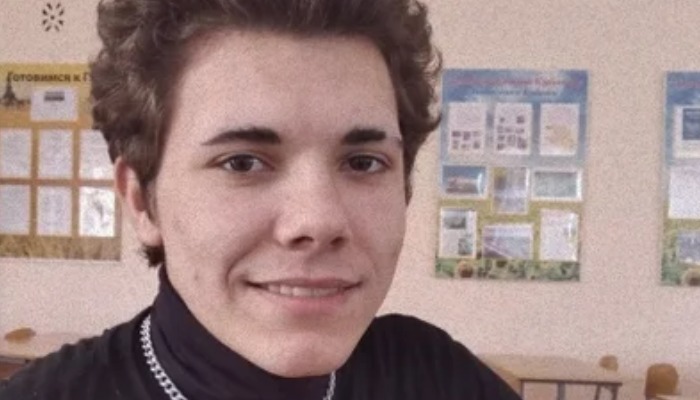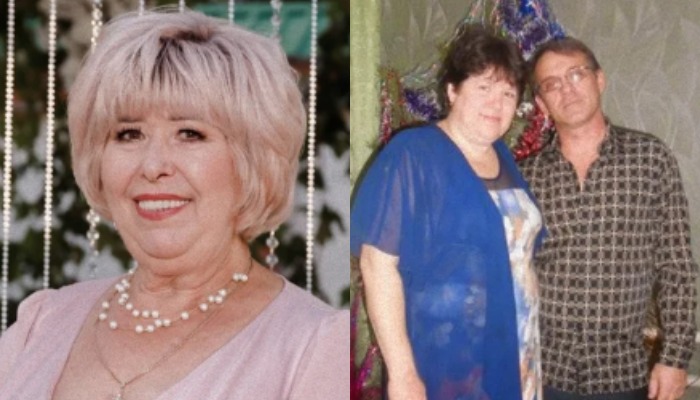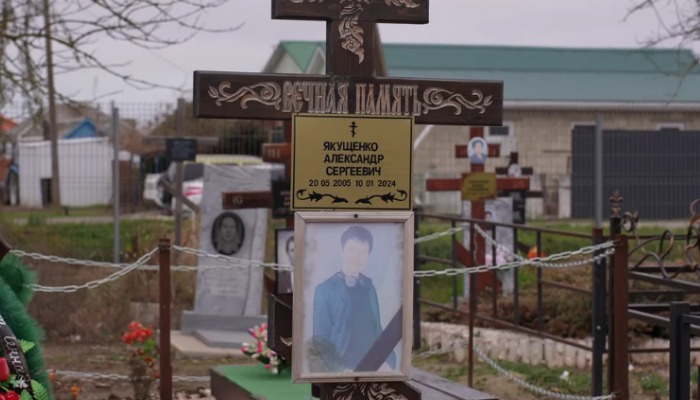A teenager, forcibly taken from the Kherson region to Russia, tragically committed suicide after being placed in a new family.
In Russia, a teenager named Alexander Yakushchenko took his own life after being forcibly taken from a children's home in the Kherson region and placed with a Russian family that likely did not care for him adequately.
This was reported by the Russian publication “Important Stories.”
 Alexander Yakushchenko. Photo: “Important Stories”
Alexander Yakushchenko. Photo: “Important Stories” Yakushchenko had just turned 18 shortly before his death.
He lived with the Lukashenko family in the village of Akhtanizovskaya in the Krasnodar region of Russia. This family had a history of taking in minors without parental care, and shortly after Alexander's suicide, a new child appeared in their home.
In Kherson, the young man lived in a family-type home in the village of Tokarevka. The home was managed by Lydia Sharvarly. Alongside Alexander, his biological sister and six other children were raised there.
After the start of the occupation of part of Kherson, Sharvarly collaborated with the Russians and now lives in the Krasnodar region of Russia. It is believed that with the funds meant for her wards' assistance, she purchased a house of nearly 350 square meters.
She refused to speak with the media, but her biological daughter commented on some questions.
 Lydia Sharvarly (left) and the Russian Lukashenko family (right). Photo: “Important Stories”
Lydia Sharvarly (left) and the Russian Lukashenko family (right). Photo: “Important Stories” Journalists managed to communicate with the children raised by Sharvarly. Some of them are now in Russian families, including Alexander's biological sister. Russian legislation generally prohibits separating siblings, although there are exceptions if such actions “serve the interests of the children.”
The so-called siblings from the Kherson home reported that Alexander expressed his concerns about the Lukashenko family, where he did not receive adequate support. Once, he sent his friends a voice message describing his feelings.
“I’m not needed there by anyone. They made me understand that. I ruin everyone’s lives. I can’t take it anymore, I will hang myself… If I weren’t here, no one would have problems, if I hadn’t come here. I can’t… Damn! It hurts so much. I don’t know what to do,” – journalists quote the message, which they have in audio format.
Friends noticed the teenager’s suicidal thoughts, although outwardly, according to them, he seemed cheerful.
“He never showed what was inside him. It was clear he needed more attention, just as I did; I have just as many childhood traumas as he did. Inside it was all awful, but on the outside, he tried to be joyful,” – recounts his friend from the children's home in Kherson.
Aleksandr planned to return to his mother in Ukraine, but the Russian family took his Ukrainian passport so he could not travel. It is likely that Russian guardianship authorities were aware of this practice.
The boy's biological mother lost her parental rights in 2016 due to alcohol abuse following the death of a loved one. She communicated with her son shortly before his suicide, but there are conflicting reports about their relationship.
 Aleksander's grave in Russia. Photo: “Important Stories”
Aleksander's grave in Russia. Photo: “Important Stories” The conclusion of the forensic expert regarding Alexander's death states that he took his own life. A disassembled mobile phone was found near his body, with all information deleted.
The Russian family that took in the teenager was not formally his guardians at the time of his death since Alexander was of legal age. The family claims that they supposedly no longer bore responsibility for him, so he “was just living” with them.
Alexander was buried in Russia. According to the boy’s friends, the Russian family chose the cheapest coffin for the deceased.
“When they laid flowers, they just walked up and threw them in, like to a dog. And when it was time to leave, the adoptive family said: ‘Thank God he’s dead. Fewer problems,’” – recounts a friend of the deceased.
In Russia, Alexander's biological sister Kristina remains. She was placed under the care of a family in the Temryuk district of Krasnodar Krai, Russia. She is currently studying at a correctional boarding school.
In Ukraine, both children are officially considered missing.
It is worth noting that Russian deputy Sergey Mironov, who advocates for the reinstatement of capital punishment in Russia, along with his wife smuggled out a 10-month-old girl from the occupied part of the Kherson region, who was taken into a family and had her identity altered.
The girl’s legal guardians have already appealed to Ukrainian authorities for assistance in returning the child.